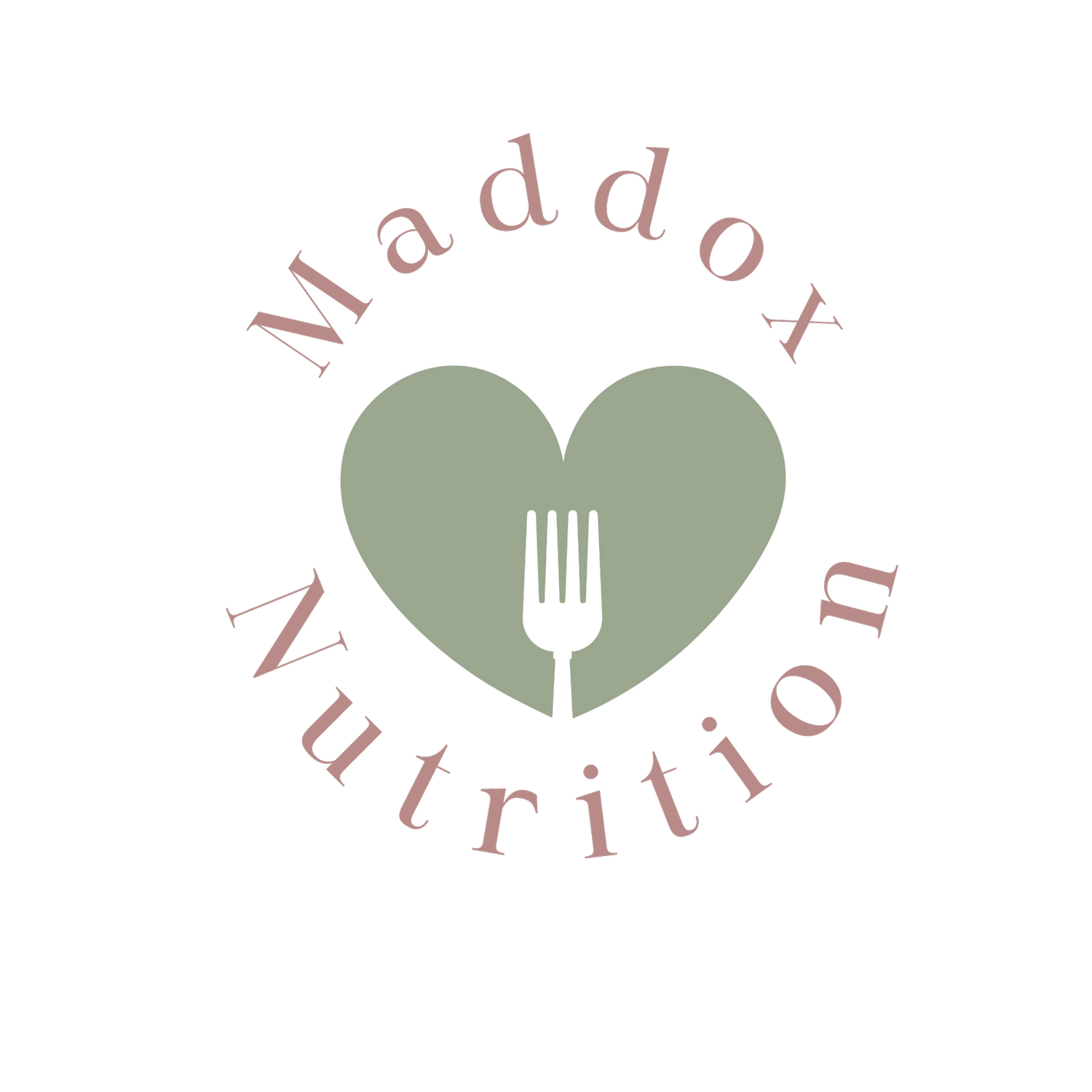Eating Disorder Recovery Timeline: A Realistic Journey
Recovery from an eating disorder is not about quick fixes or short-term solutions. It is a journey that requires patience, consistent support, and a willingness to face challenges along the way.
You may wonder how long recovery takes, but the reality is that the eating disorder recovery timeline is different for each person.
Understanding what to expect can help you approach recovery with compassion for yourself and a clearer sense of direction.
How long does eating disorder recovery take?
The truth is, there is no universal timeline for eating disorder recovery.
Some individuals begin to feel progress within a year of structured treatment, while others may spend several years working through different phases of healing. You might even find yourself moving back and forth through stages, which is completely normal.
It helps to think of recovery as a layered process. The eating disorder recovery timeline is influenced by personal circumstances, the type of disorder, receiving and completing treatment, and your support network.
Additionally, physical healing may happen sooner, but emotional and psychological recovery often requires much more time. This includes body image, which is often the last and longest piece of mindset work to heal in recovery.
In fact, according to a study published in the Journal of Eating Disorders (Tosi et al., 2025), recovery is not only about restoring eating patterns or weight but also about profound psychological growth. Participants described recovery as a non-linear process where flexibility with food, healthier ways of handling emotions, and a renewed sense of self all played an important role.
This reminds you that while food and health restoration matter, your healing also involves building resilience, finding meaning, and strengthening relationships.
Just know that there is no finish line you must reach at a certain date. Instead, recovery is an ongoing journey where progress can look different for everyone.
Factors that influence the eating disorder recovery timeline
Your experience with recovery will depend on many interconnected factors. No two paths look exactly the same.
Take a closer look at some of the main influences on the eating disorder recovery timeline.
Type and severity of the eating disorder
The nature of the disorder plays a large role in the recovery process. Each type of eating disorder comes with its own set of challenges, which shapes the length and complexity of recovery.
For example, someone living with restrictive eating patterns, such as anorexia nervosa, often faces significant physical consequences that come with malnutrition like: low energy, nutrient deficiencies, and slowed metabolism. Recovery here may involve a longer medical stabilization phase because the body needs time to repair.
Regaining trust in food can also take patience since restriction is deeply tied to fear of weight gain and rigid food rules.
Severity also matters. A person who has lived with an eating disorder for ten years will likely need more time than someone who has been struggling for a shorter period.
Length of time the disorder has been present
As mentioned, the longer you have lived with an eating disorder, the deeper its impact may be on your health and daily life. Habits and thought patterns become more ingrained over time, which makes them harder to shift.
This does not mean recovery is impossible. It simply means the eating disorder recovery timeline may require more patience and steady effort.
Level of treatment and support available
Access to professional treatment is one of the strongest predictors of recovery success.
Specialized care from eating disorders informed dietitians, therapists, and medical professionals can shorten the time it takes to stabilize your health and begin healing.
Moreover, the presence of supportive friends, family, or a recovery community also plays a powerful role. For children and adolescents, parents play a profound role in recovery success outcomes.
When you feel understood and supported, you are less likely to isolate yourself and more likely to stay engaged in recovery.
Co-occurring mental health conditions
Some individuals with eating disorders also face other challenges such as depression, anxiety, or trauma, as just a few examples. Addressing these conditions alongside eating disorder recovery is necessary.
Untreated mental health struggles can slow down progress and increase the risk of relapse.
As such, integrative care that supports both physical and mental well-being is important in moving through the eating disorder recovery timeline.
Stages of eating disorder recovery
Below are the main stages that shape the eating disorder recovery timeline.
Stage 1: Acknowledging the problem and seeking help
The first step in recovery begins with awareness.
This stage involves recognizing that your relationship with food, your body, or your behaviors is causing harm.
You may feel conflicted or scared to reach out, but acknowledging the problem is a turning point. The truth is, if you think you might have an eating disorder, you are probably right.
Seeking help from a professional, even if you feel uncertain, can open the door to recovery. This stage is often filled with hesitation, but it sets the foundation for all that follows.
Stage 2: Early treatment and medical stabilization
Once you begin treatment, the immediate focus is restoring physical safety and stability. This may include the following process:
Normalizing eating patterns
Addressing nutritional deficiencies
Monitoring medical risks
During this stage, progress might feel uncomfortable as your body adjusts and in some cases, hospitalization or residential care may be necessary.
Stage 3: Emotional and psychological healing
After stabilization, much of the work shifts toward understanding the deeper emotional roots of your eating disorder. Therapy often becomes central at this stage.
You may explore trauma, self-worth, perfectionism, or anxiety that contributes to disordered eating.
This stage of the eating disorder recovery timeline is demanding, as it involves facing painful feelings without relying on disordered behaviors.
We understand that emotional healing takes time, but it is essential for long-term recovery.
Stage 4: Rebuilding a healthy relationship with food
Healing your relationship with food is one of the most transformative steps in recovery.
Here are the areas you might work on in this stage:
Learning to honor hunger and fullness cues
Reducing fear or guilt around eating
Allowing flexibility with food choices
Moving away from rigid diet rules that once controlled your eating
Replacing false eating disorder or diet culture beliefs about food, weight, and nutrition with evidence-based truth
At this stage, progress can feel uneven. Some days will feel freeing, while others may feel like setbacks. Remember that each step forward, even small ones, contributes to long-term healing.
Stage 5: Restoring daily functioning and identity
An eating disorder often takes over daily life and can make it difficult to focus on anything else.
This stage is about restoring balance and reclaiming areas of life outside of food and weight.
Instead of identifying only through the lens of the disorder, you can reconnect with who you are beyond it. You might re-engage in hobbies, relationships, work, or education. The hope is that you begin to redefine your sense of identity during this stage.
Stage 6: Maintenance and relapse prevention
The reality is, recovery does not end once you feel stable.
The final stage is about maintaining progress and preparing for challenges that may arise in the future. Relapse is possible, but it does not mean failure and it does not have to be inevitable.
Having tools and strategies to support yourself during difficult moments helps you stay grounded. Plus, regular check-ins with professionals or support groups can provide accountability.
This stage reminds you that recovery is ongoing.
Your ED recovery is a journey, not a race
It can be tempting to compare your progress to others or pressure yourself to “recover quickly.”
The truth is that recovery is not a race. The eating disorder recovery timeline is unique for every individual, and moving slowly does not mean you are failing. Every effort you make toward healing counts.
You may experience setbacks, but these do not erase your progress. They are part of the learning process.
You do not need to measure your healing against anyone else’s timeline. What matters is that you keep going.
Walk this journey with support rooted in faith and compassion
The eating disorder recovery timeline may feel overwhelming, but you do not need to navigate it on your own. At Maddox Nutrition, our dietitians provide personalized care that meets you where you are in recovery.
Through 1:1 nutrition counseling, we provide a safe space to untangle diet culture lies, rebuild trust with your body, and keep Christ at the center of it all (upon request by clients who desire a Christian integration).
Our team would be honored to walk with you in this journey toward the food freedom God designed for you.
Continue learning on your recovery journey
If you found this blog helpful, you may also want to explore:
Eating Disorder vs. Disordered Eating - Understand the differences and why it matters for your healing journey.
How to Practice Gentle Nutrition Without Falling into a Diet Mentality - Learn how to nourish your body without slipping back into restrictive rules.
—
What you need to know
The difference between a Dietitian and Nutritionist
A dietitian is a regulated healthcare professional who has completed formal education in nutrition and dietetics, undergone supervised training, and is licensed to provide medical nutrition therapy for conditions such as diabetes, eating disorders, or gastrointestinal issues.
The title “dietitian” is legally protected in many countries, ensuring that only those who meet strict professional standards can use it.
In contrast, the title “nutritionist” is not always regulated, meaning anyone can call themselves a nutritionist regardless of training, though some may hold advanced degrees or certifications. Generally, dietitians are qualified to offer clinical nutrition care, while nutritionists often focus on general wellness and healthy lifestyle guidance.

